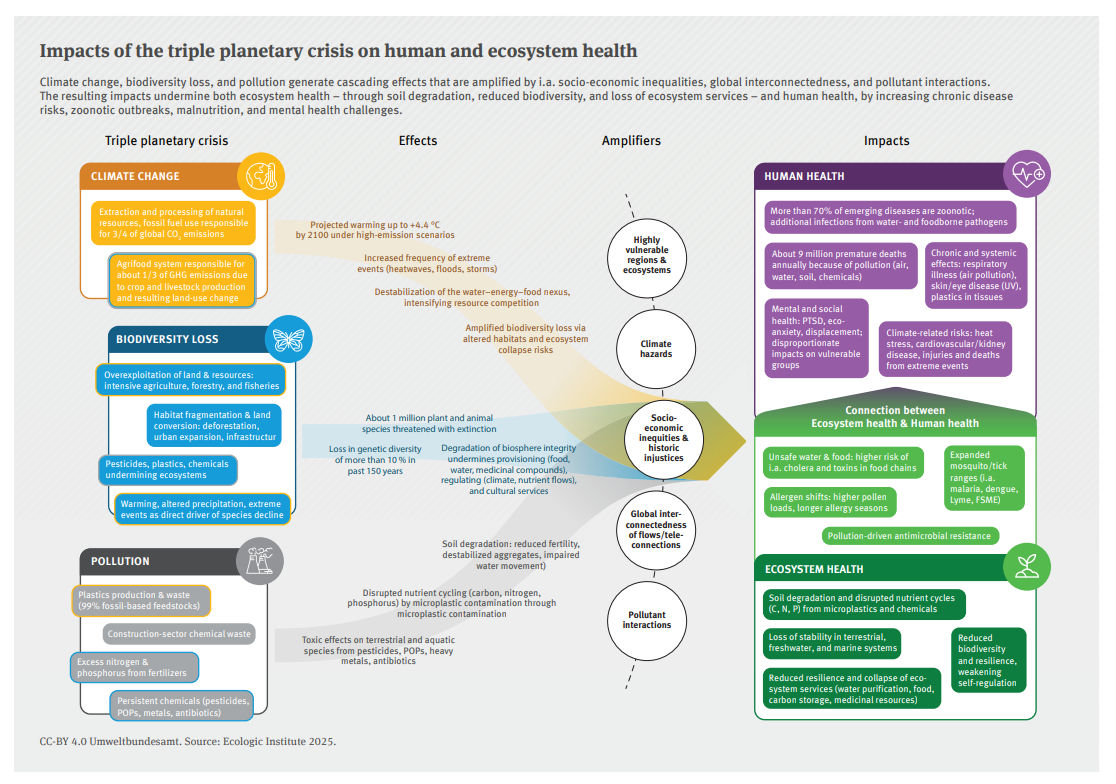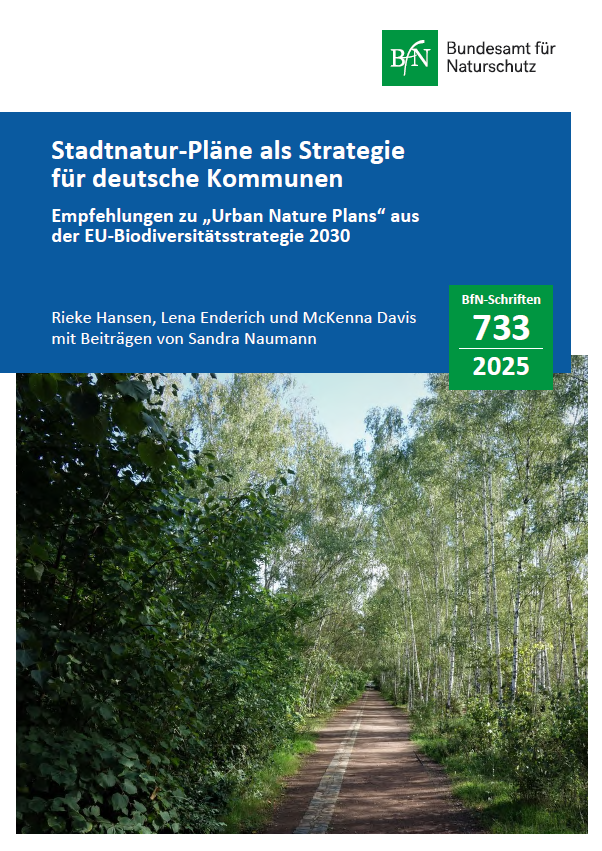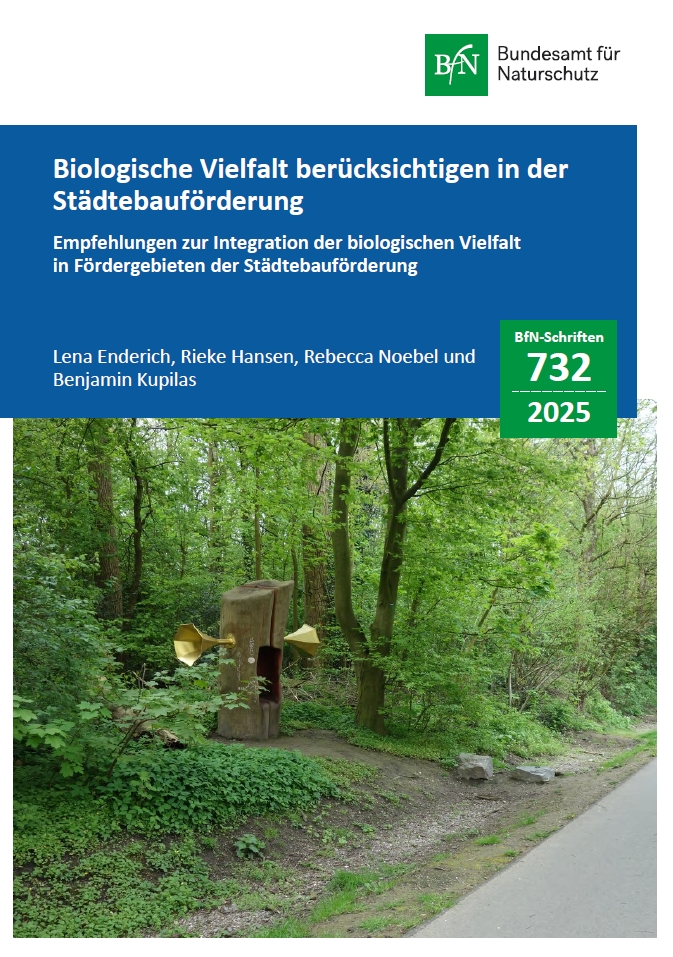Publication:Report
Publication:Report
Publication:Article
Publication:Infographic
Impacts of the Triple Planetary Crisis on Human and Ecosystem Health
Infographic Series
Year
Read morePublication:Report
Integrated Approaches to Addressing the Triple Planetary Crisis: Country Best Practices
Lessons learned from Brazil, Colombia, Japan, New Zealand, Panama, Rwanda and Sweden
Year
Read morePublication:Fact Sheet
Moving from Interconnected Crises to Systemic Solutions
Resource efficiency, nature-based solutions, and systemic transformation as responses to the complexity of the triple planetary crisis
Year
Read morePublication:Report
Moving from Interconnected Crises to Systemic Solutions
Resource efficiency, nature-based solutions, and systemic transformation as responses to the complexity of the triple planetary crisis
Year
Read morePublication:Fact Sheet
Publication:Article
Publication:Article
Restoring European Coastal Wetlands for Climate and Biodiversity
Do EU Policies and International Agreements Support Restoration?
Year
Read morePublication:Report
Publication:Article
Publication:Policy Brief
Publication:Report
Mapping Policy and Co-operative Initiative Landscapes for Systemic Change Towards a Nature-positive Economy
GoNaturePositive! Report
Year
Read morePublication:Report
Stadtnatur-Pläne als Strategie für deutsche Kommunen
Empfehlungen zu "Urban Nature Plans" aus der EU-Biodiversitätsstrategie 2030
Year
Read morePublication:Report
Biologische Vielfalt berücksichtigen in der Städtebauförderung
Empfehlungen zur Integration der biologischen Vielfalt in Fördergebieten der Städtebauförderung
Year
Read more

